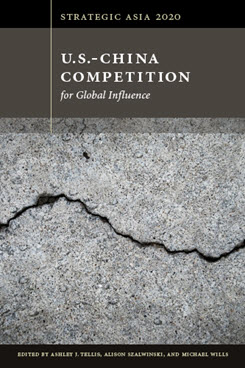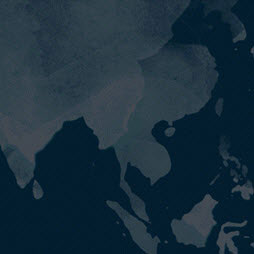Southeast Asia and Sino-U.S. Competition
Between a Rock and a Hard Place
This chapter examines the impact of Sino-U.S. competition on Southeast Asia and assesses the individual and collective response of regional countries.
EXECUTIVE SUMMARY
MAIN ARGUMENT
While Southeast Asia has a long history of coping with great-power rivalry, the current state of affairs is different on a number of counts. The first factor is the unpredictability and uncertainty in U.S. foreign policy associated with the Trump administration. Second, the role of China has evolved over the last two decades; the country is no longer merely a great power but one whose regional influence is more substantial than any other such power in recent history, with the exception of the U.S. Third, the stakes of great-power rivalry for Southeast Asia today are arguably higher than during the Cold War due to the risks that a major downturn in Sino-U.S. relations would pose for the prosperity that the region has enjoyed in the post–Cold War years.
POLICY IMPLICATIONS
- The U.S. needs to realize that interdependence and integration between China and Southeast Asia have grown so deep that any effort to compel a “decoupling” is not only impractical but would be detrimental for regional security and U.S. interests in the region.
- Washington’s current emphasis on strategic imperatives tends to obscure the extensive U.S. economic interests that over the years have contributed considerably to the prosperity of Southeast Asia. While the U.S. security presence is imperative for stability, a wider strategic edifice is needed to frame and guide U.S. policies as part of a holistic engagement strategy.
- Although the “free and open Indo-Pacific” strategy could promote regional stability, the prevailing ambiguity surrounding it and the perception that this strategy suffers from incoherence in terms of the integration of security and economic requirements and objectives remain causes of regional consternation.
Joseph Chinyong Liow is the Tan Kah Kee Chair in Comparative and International Politics and the Dean of the College of Humanities, Arts, and Social Sciences at Nanyang Technological University in Singapore.
Strategic Asia
The Strategic Asia annual edited volume incorporates assessments of economic, political, and military trends and focuses on the strategies that drive policy in the region. Learn more about Strategic Asia.




